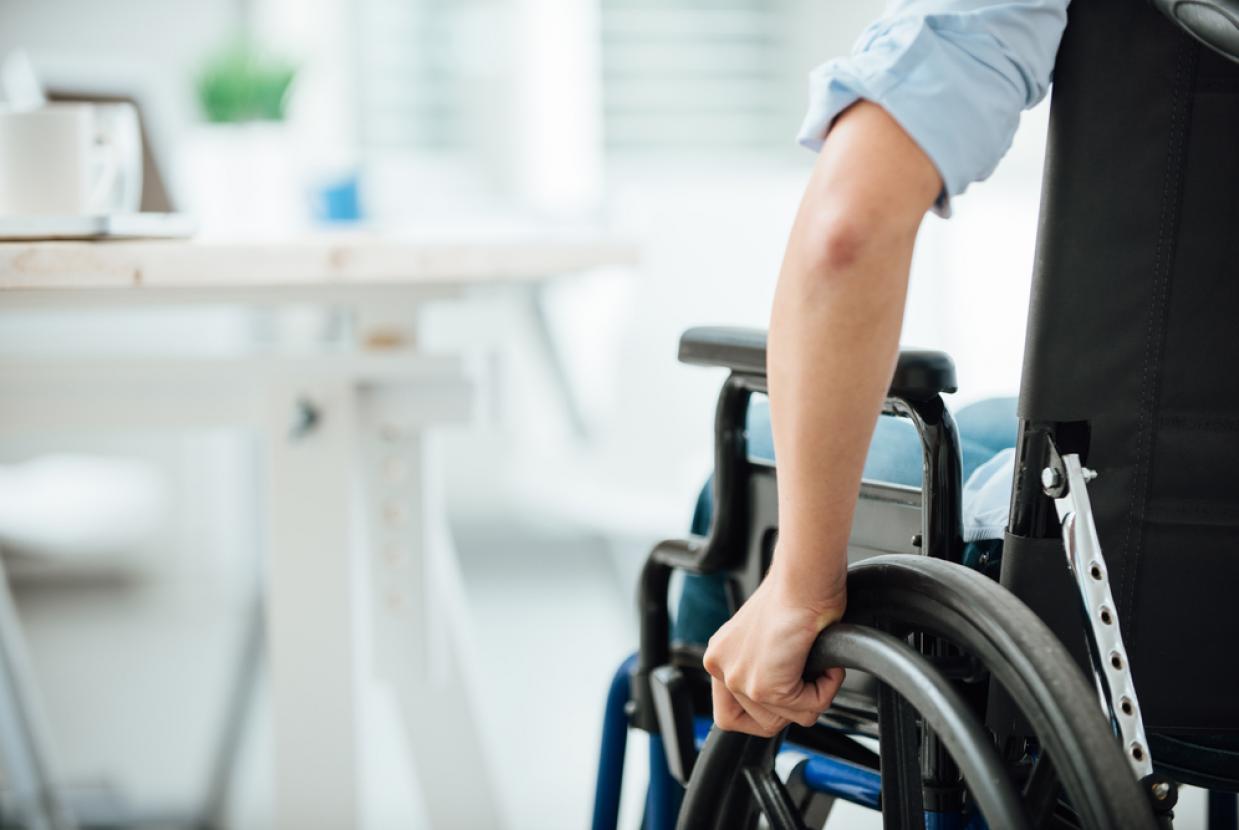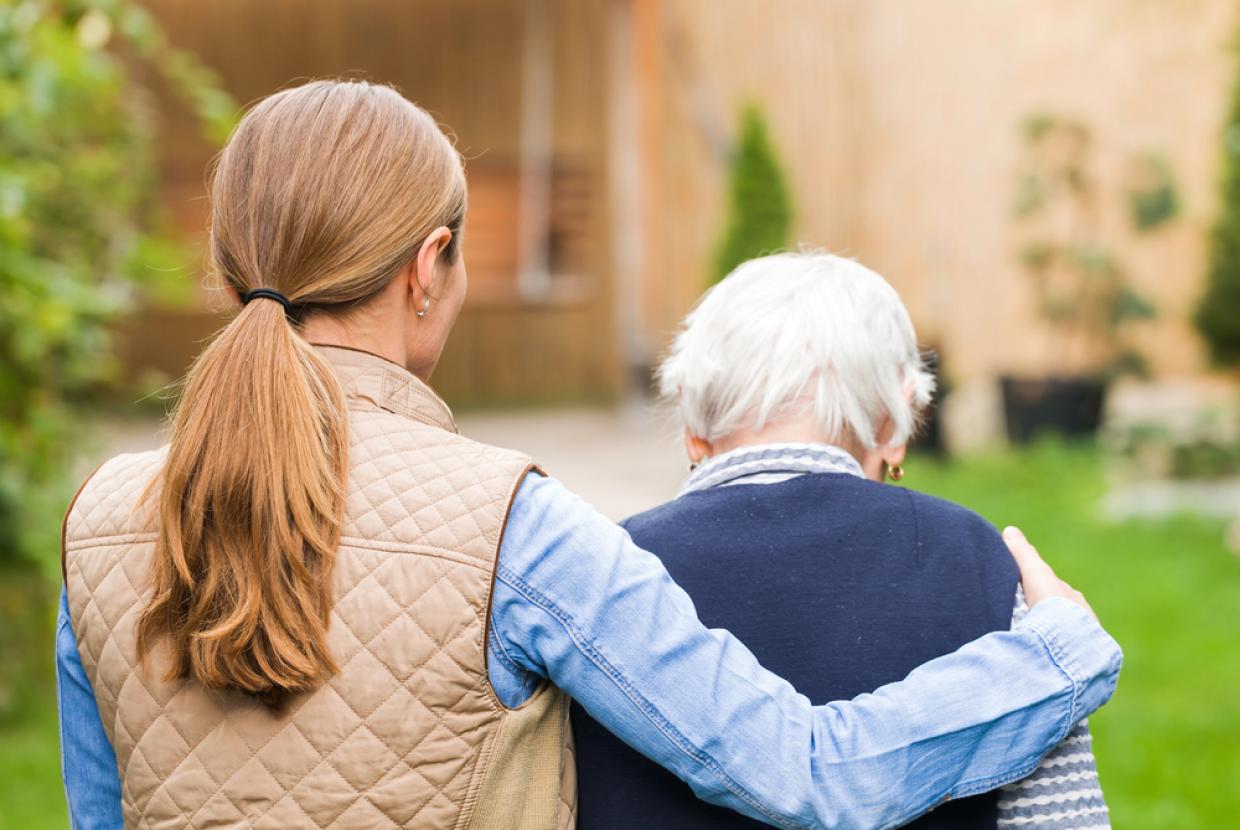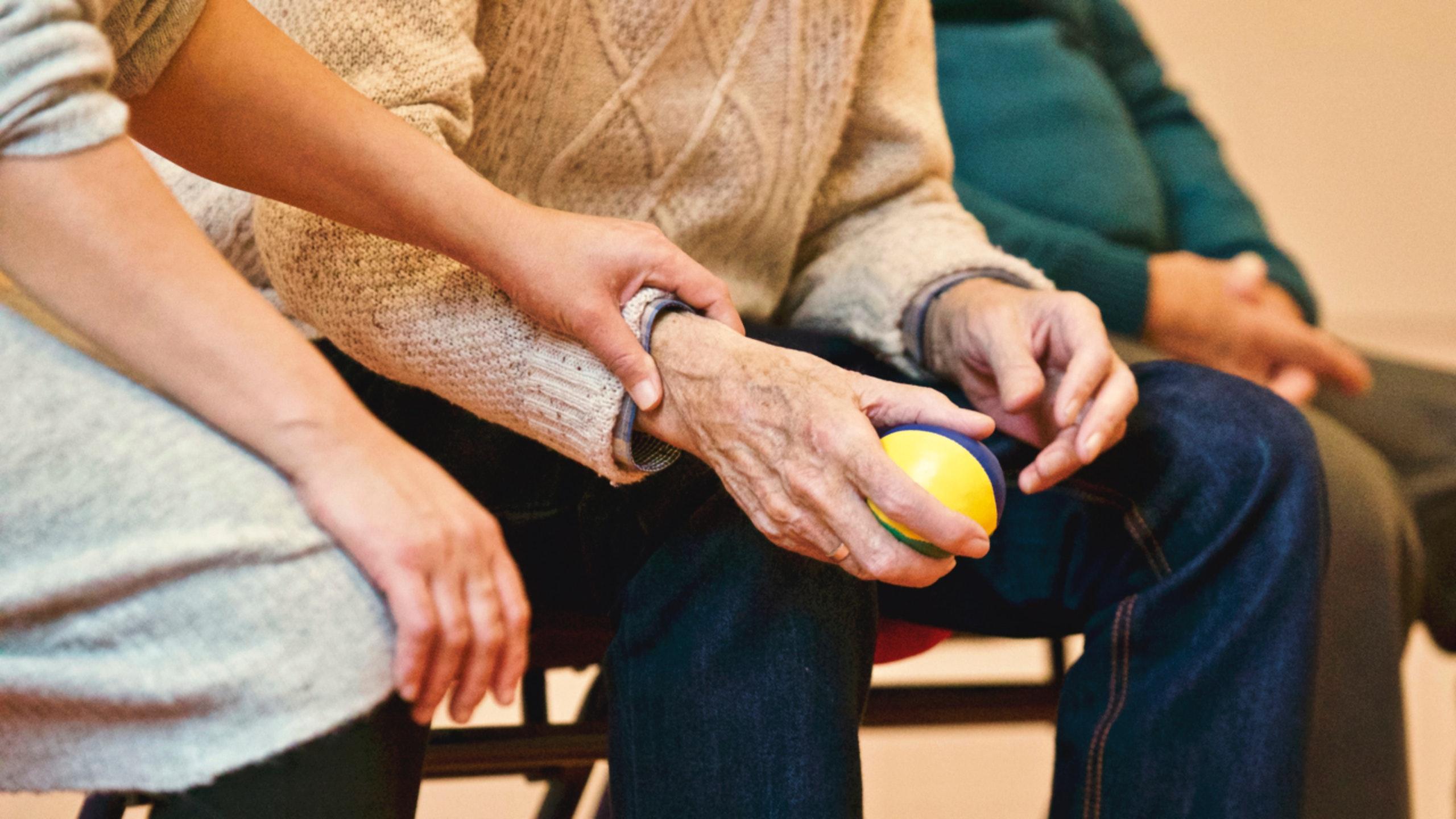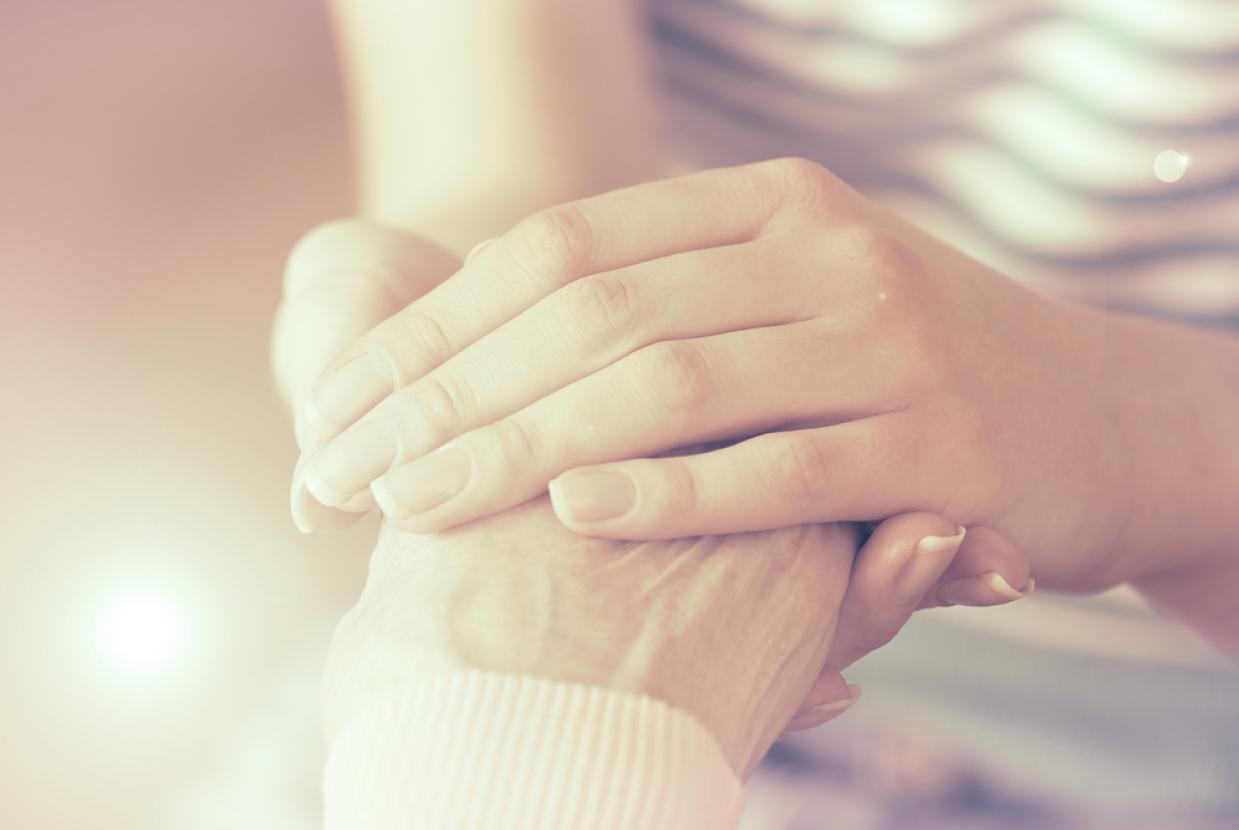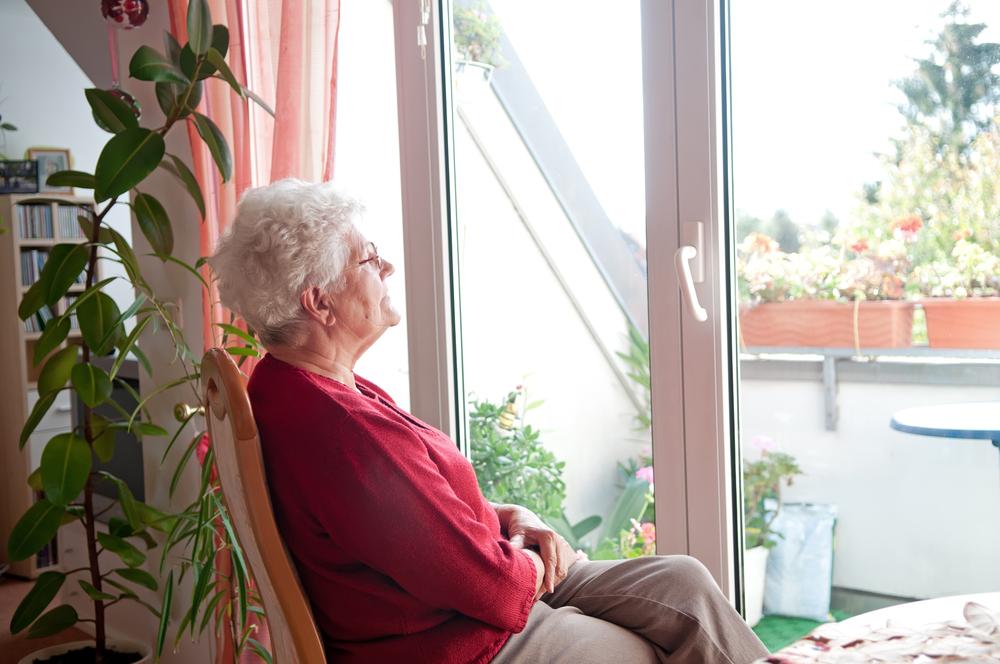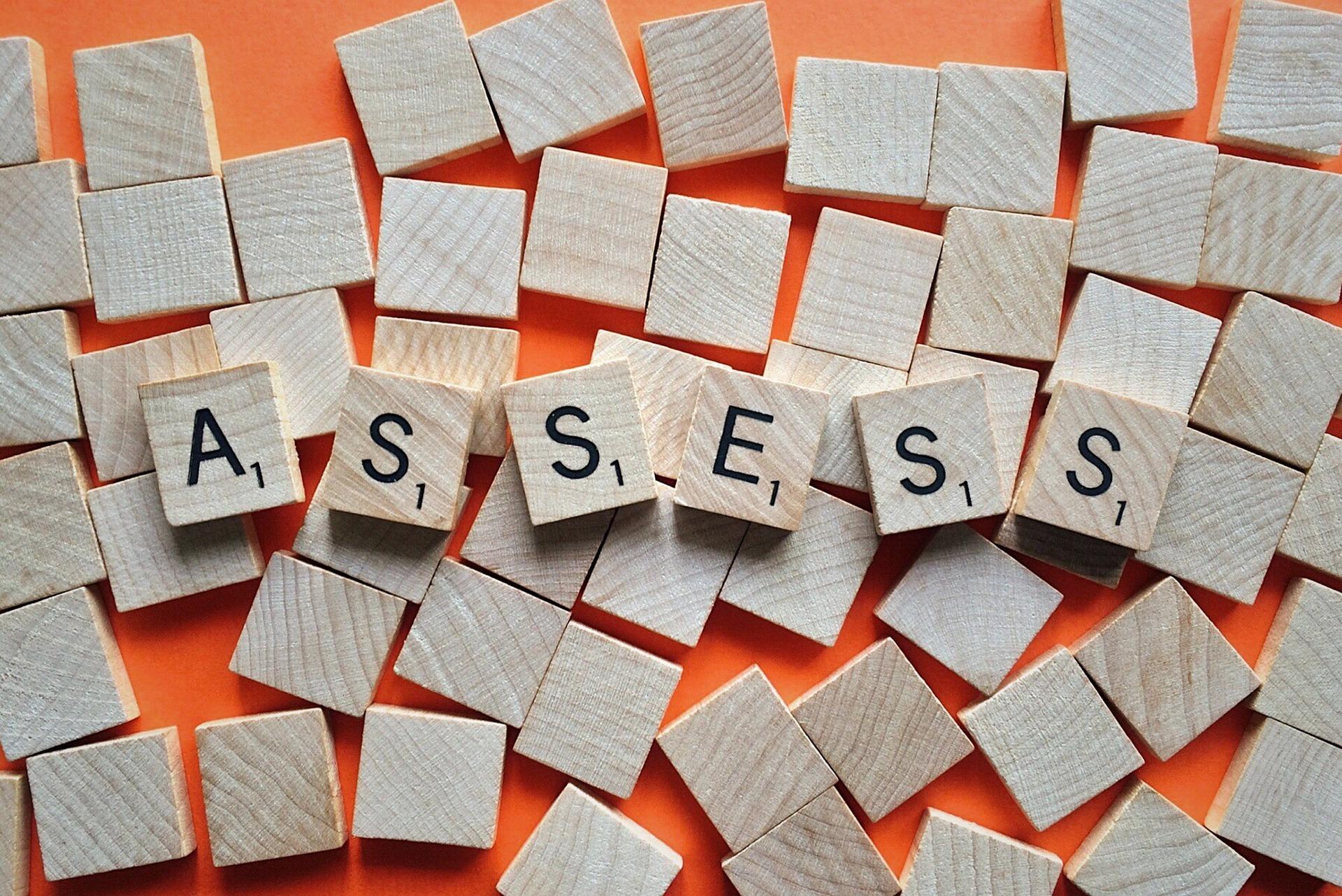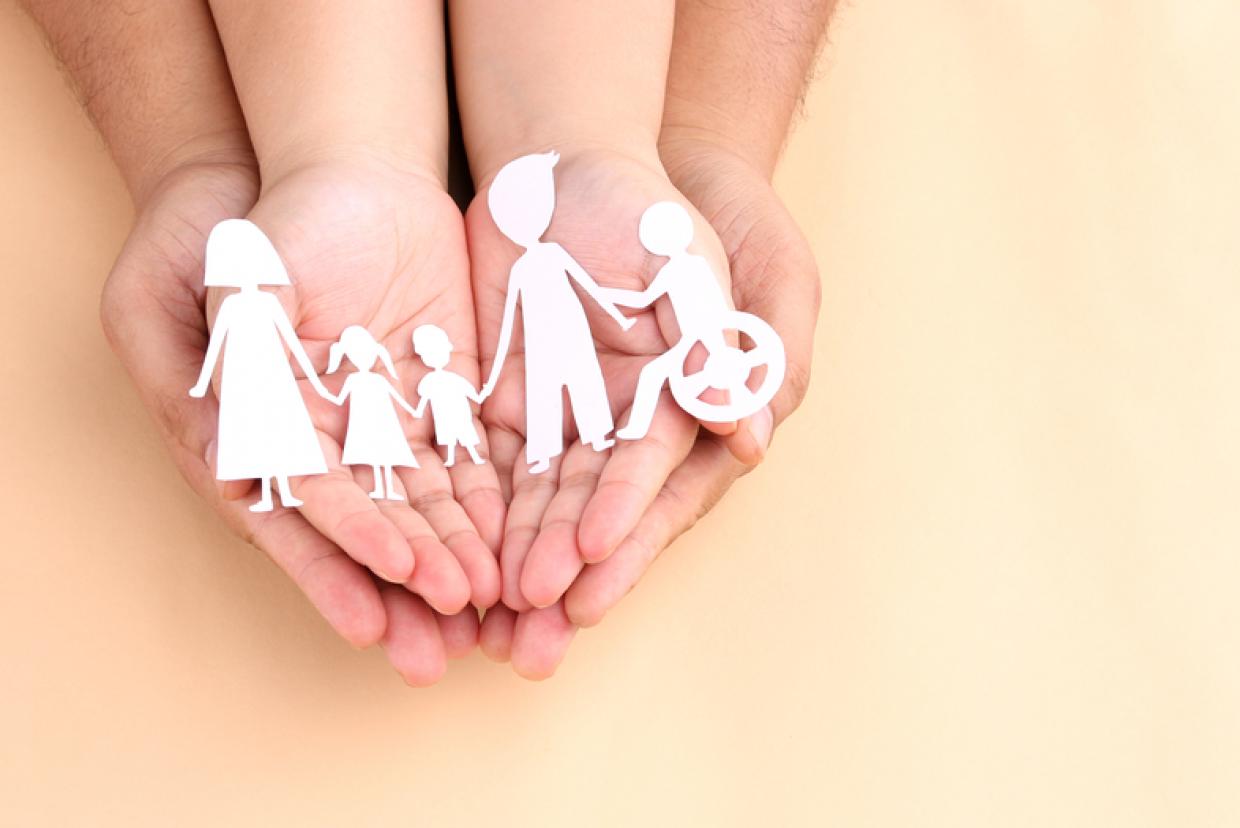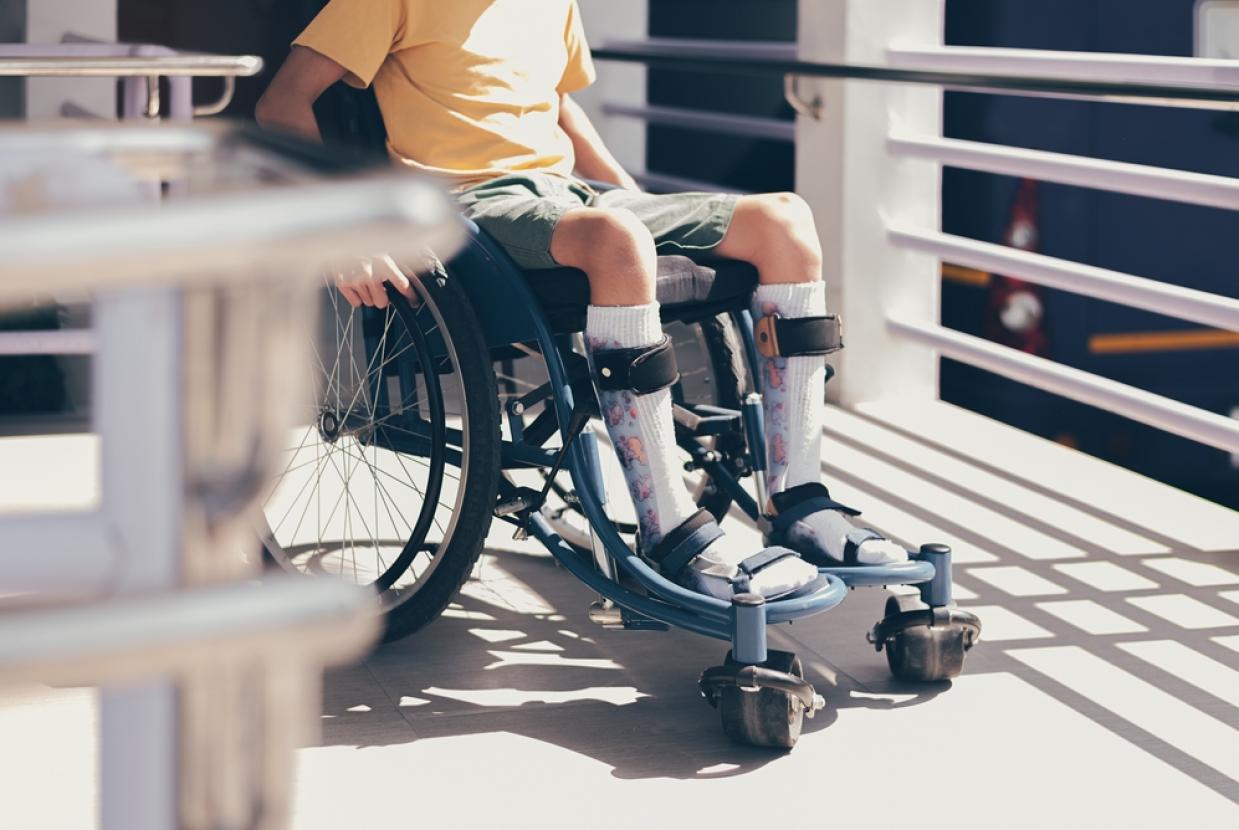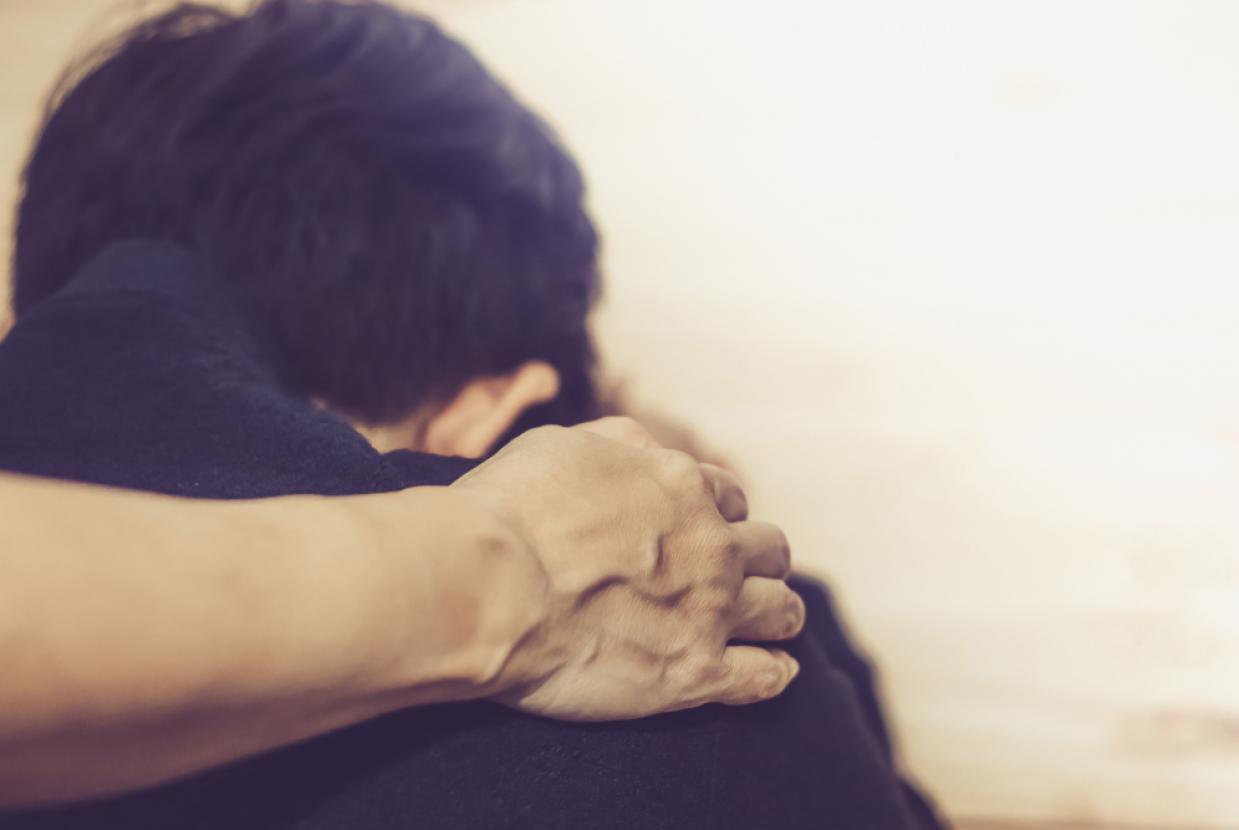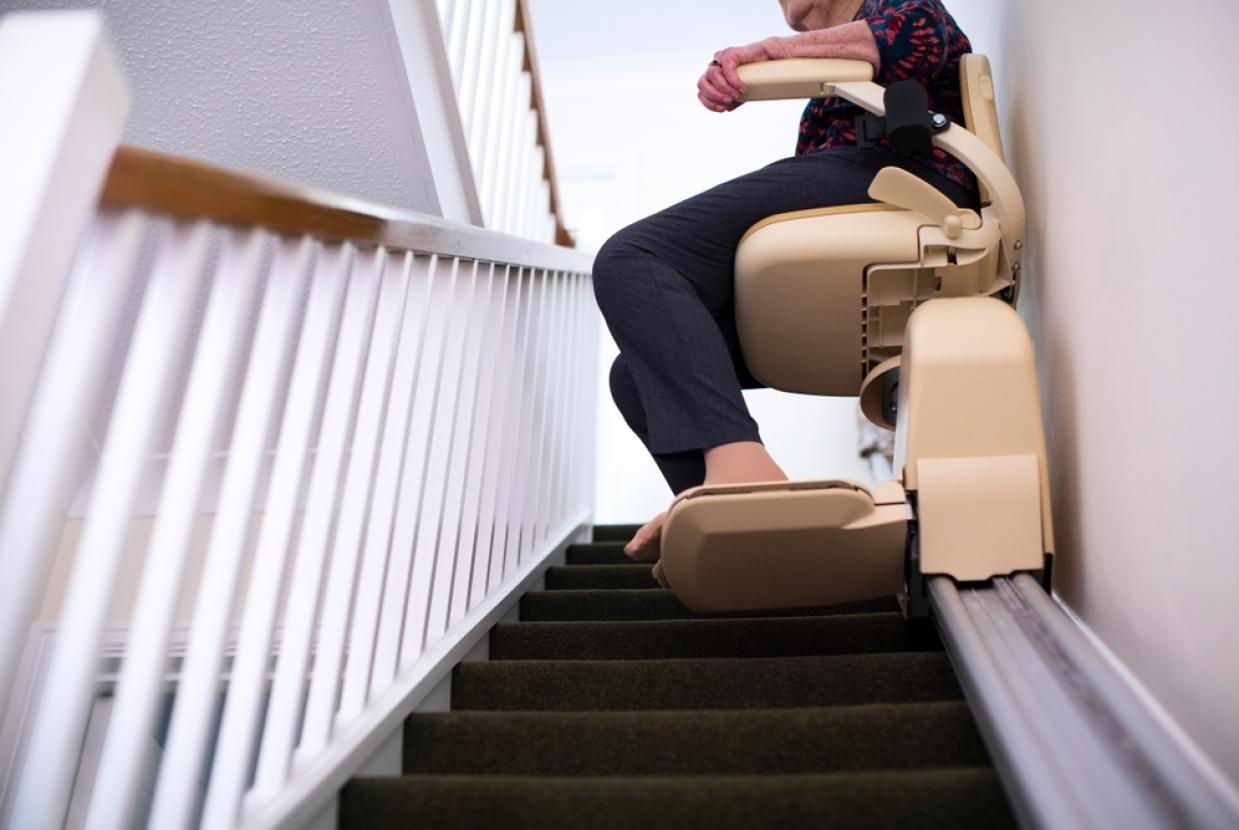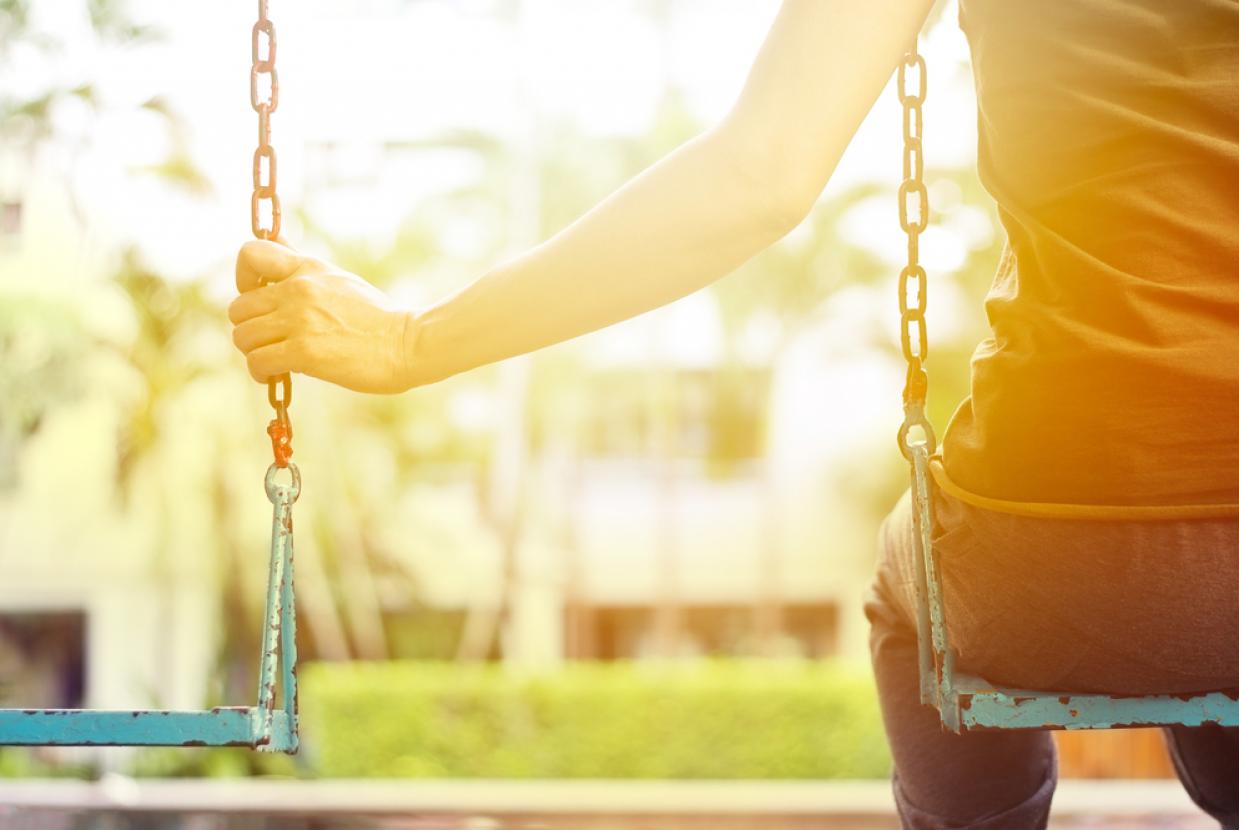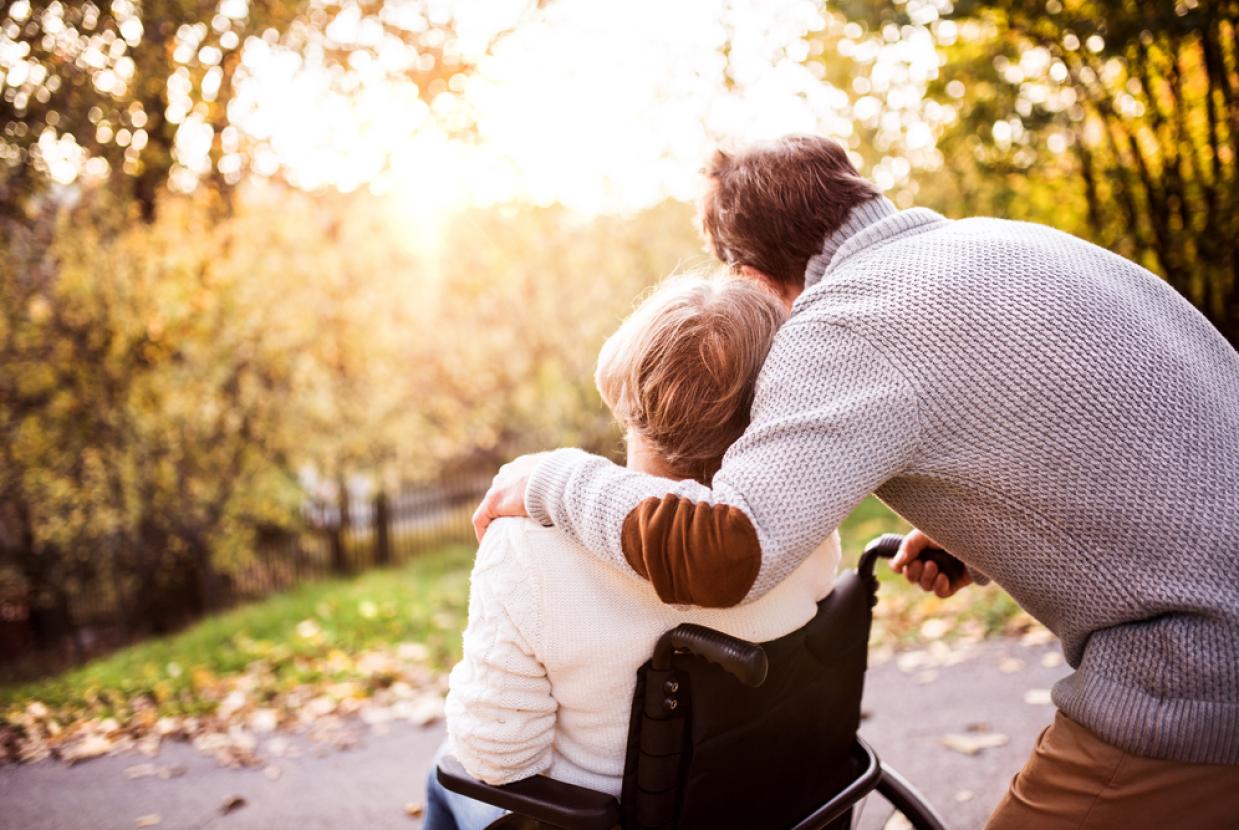Supporting People Who Engage In Self-Harm
People injure themselves for many reasons. It may replace emotional distress with physical pain. Many people say that when they harm themselves they experience a release of tension and so they often feel calmer. In a strange way, self-injury may help people feel that they can achieve some degree of control back in their lives.
Self-harm is very often not a suicide attempt, however, there is evidence that people who do self-harm are at a greater risk of suicide than the general population and should never be dismissed as just ‘attention seeking’ or being ‘manipulative’.
Relatives, friends or professionals trying to support the person can find it very stressful, especially when the person does not want to talk about or explain their behaviour. It is easy to feel ‘shut out’ and just left to pick up the pieces at times of crisis. If someone we care about is deliberately damaging his or herself and not willing to let us help, we can feel isolated and powerless.
The person usually has very low self-esteem and poor self-worth and they think that others will see them in the same light and be critical. There are therapies which can be used that have been shown to be effective in breaking the negative cycle.
Useful Pointers
- Respond to an incident of self-harm in the same way that you would for the victim of an accident; provide first aid as for any other physical injury.
- Do not assume that the person either enjoys or does not feel pain. A response which implies criticism or some form of punishment simply reinforces the person’s feelings of self-blame and guilt.
- Acknowledge the person’s distress.
- Having contingency plan in place ready can be useful in times of distress. Knowing what to do and who to contact in an emergency can be very reassuring for the person and those who care for them.




